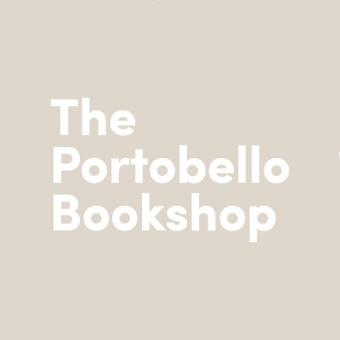Satire, Instruction and Useful Knowledge in Eighteenth-Century Britain
The Enlightenment Mock Arts
Format:Hardback
Publisher:Cambridge University Press
Publishing:8th May '25
£90.00
This title is due to be published on 8th May, and will be despatched as soon as possible.

A nuanced history showing how British writers came to terms with the early Industrial Revolution through satire on instructional literature.
The early Industrial Revolution was not ignored by eighteenth-century writers. They addressed it in the Enlightenment Mock Arts, a curious genre of satires that fed into Gulliver's Travels, Tristram Shandy and Belinda. Paddy Bullard traces the oblique strategies that these authors used to avoid the constraints of Enlightenment instrumentalism.Long before the Industrial Revolution was deplored by the Romantics or documented by the Victorians, eighteenth-century British writers were thinking deeply about the function of literature in an age of invention. They understood the significance of 'how-to' knowledge and mechanical expertise to their contemporaries. Their own framing of this knowledge, however, was invariably satirical, critical, and oblique. While others compiled encyclopaedias and manuals, they wrote 'mock arts'. This satirical sub-genre shaped (among other works) Swift's Gulliver's Travels, Sterne's Tristram Shandy, and Edgeworth's Belinda. Eighteenth-century satirists and poets submitted to a general paradox: the nature of human skilfulness obliged them to write in an indirect and unpractical way about the practical world. As a result, their explorations of mechanical expertise eschewed useable descriptions of the mechanical trades. They wrote instead a long and peculiar line of books that took apart the very idea of an instructional literature: the Enlightenment Mock Arts.
'Bullard has written what will become the how-to of how-to satire in the long eighteenth century. This is a thrilling and instructive read which invites us to think differently about the texts presented here through the lens of the mock arts.' Helen Williams, Associate Professor of English Literature, Northumbria University
'Satire, Instruction and Useful Knowledge in Eighteenth-Century Britain is an original, percipient, and admirably wide-ranging approach to its subject: the paradox of eighteenth-century writing about practical skills that seem to defy written description. Bullard's erudite and engaging study explores connections between literary technique, cognition, and haptic epistemologies as ambivalent responses to the Industrial Enlightenment.' Nicholas Seager, Professor of English Literature, Keele University
ISBN: 9781009460521
Dimensions: unknown
Weight: unknown
275 pages